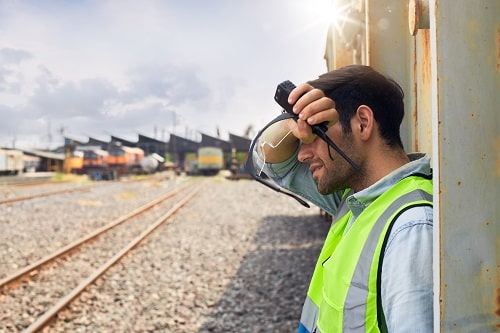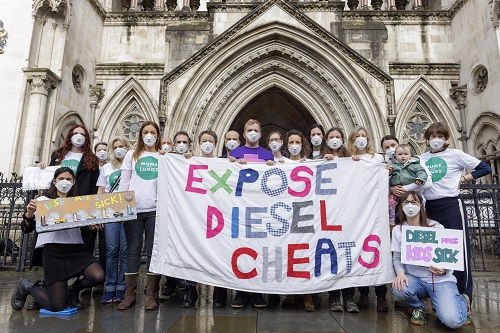In the months since the first case was identified in the UK, the coronavirus pandemic continues to have a profound impact on individuals, industries and our healthcare system.
Opinion
Why decontamination is crucial to combatting Covid-19
Key workers in the health and social care industry are among the most affected, working tirelessly to care for the old, ill and vulnerable people in the country.
Controlling the spread of the virus has been among the most pressing challenges for this key sector, particularly as hospitals battled shortages of essential personal protective equipment (PPE).
 Tautvydas Karitonas, head of research and development Inivos
Tautvydas Karitonas, head of research and development Inivos
Effective decontamination is crucial in limiting spread within healthcare settings such as hospitals and care homes. While hygiene professionals work tirelessly to ensure the environment is safe and clean, this new threat means that ‘manual cleaning’ (cleaning by hand) alone is not enough.
More robust measures are required to ensure the risk of viral contamination and spread is kept to an absolute minimum.
Unlike manual cleaning, which can lead to pathogenic microorganisms being left behind by unintentional but unavoidable human error, technology has the power to completely decontaminate a space and eliminate the virus.
Hospitals are increasingly turning to innovations such as hydrogen peroxide vapour (HPV) and ultraviolet-C (UV-C) light to eradicate Covid-19, particularly in spaces where Covid-positive patients are known to have been.
In simplified terms, the technology fills the area with either HPV or UV-C, which work by breaking down the lipid (fat) outer layer of the organism and destroying the genetic material within – ultimately obliterating the virus.
Decontamination can be applied to PPE as well as to spaces. Although it is not a long-term alternative to using new, disposable PPE for each use, it is something that some professionals are having to consider as a short-term solution.
It is universally acknowledged that PPE is essential to best protect frontline workers from Covid-19, among other potentially dangerous viruses and bacteria. However, shortages in the supply of PPE have left thousands of health professionals faced with no option other than to reuse their masks, gowns and goggles – all of which are designed to be thrown away.
Hydrogen peroxide vapour has long been used as a powerful decontaminant to kill microorganisms by a process of oxidisation which destroys the cell wall.
Research has shown it can eradicate significantly more resistant micro-organisms, such as c.difficile, and research is ongoing to confirm its anticipated efficacy against Covid-19. Therefore, HPV can be used as an effective and safe method of decontamination of PPE, enabling PPE to be safely reused.
Ultraviolet-C light has also been shown to be effective in decontaminating microorganisms at varying levels of resistance. Like HPV, it does this bybreaking down the cell wall and eradicating the genetic material within.
Known for decontaminating spaces in impressively short times and therefore a popular solution for busy A&E units, it is a less compelling choice for the decontamination of PPE due to the possibility of shadows, cast by the folds in fabric, blocking the UV-C rays.
The two technologies can be used across health practices and PPE to destroy microorganisms. Their ability to effectively decontaminate their surrounding areas in a matter of hours provides an immediate answer as to why decontamination is so crucial in the fight against Covid-19.
Tautvydas Karitonas is head of research and development at Inivos
OPINION

Heat at work: a silent killer
By Halshka Graczyk and Lacye Groening, ILO on 07 April 2025
Workers across the world are increasingly being exposed to excessive heat with serious implications for their safety and health. It is therefore vital that governments, employers and workers’ organisations develop, share and implement practical and low-cost strategies and measures for effectively reducing the risk from heat stress at work.

Making good work the foundation
By Mike Robinson FCA, British Safety Council on 07 April 2025
In 2024, for the first time, the UK dropped out of the list of the top 20 happiest countries: according to the World Happiness Index. This year, the UK rests in 23rd place, slightly ahead of the US and behind the Nordic countries, Germany, the UAE and others.

The air we share: why tackling pollution protects us all
By Scott Paul, Mums for Lungs on 04 April 2025
Air pollution is often invisible; its impact is anything but. Whether you’re a parent worried about your child’s lungs, a construction worker breathing exhaust fumes, or a commuter passing through busy streets, polluted air is everyone’s problem.



